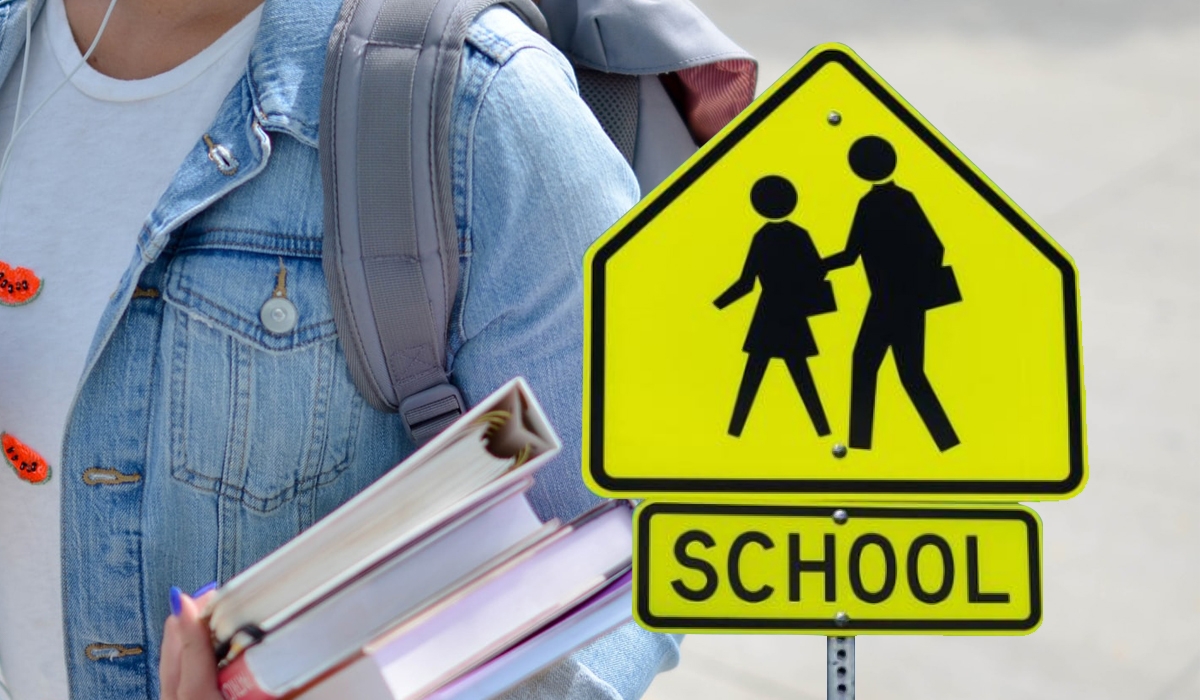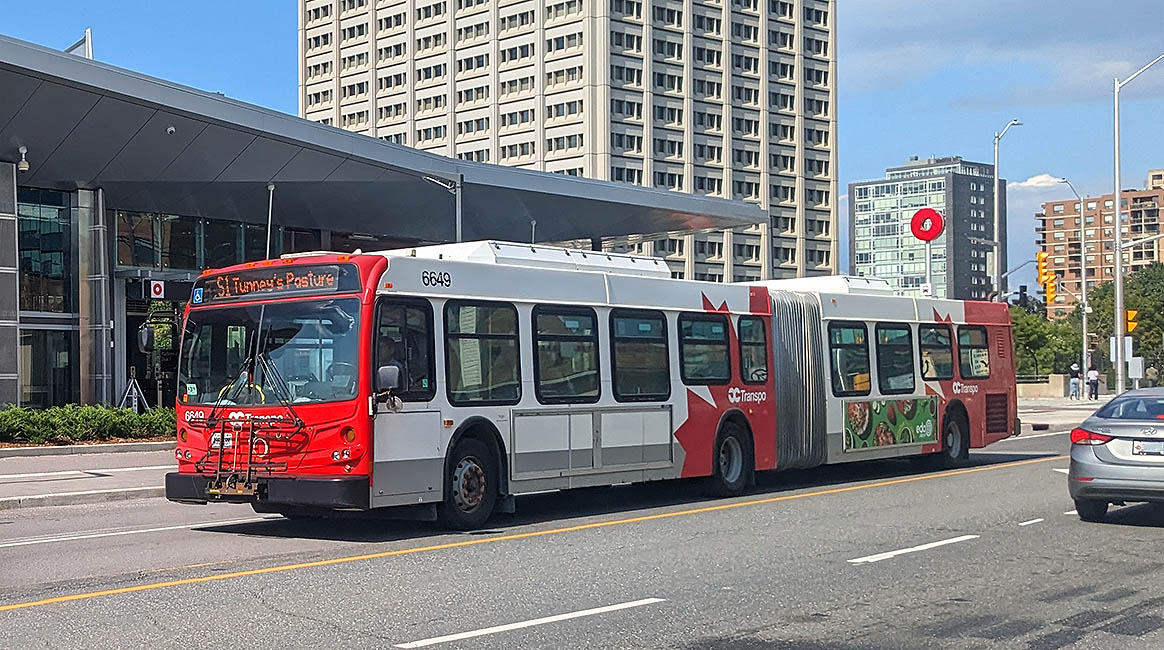
Special Education — The silence that speaks volumes
For the past few months, we’ve all seen or heard about kids going back to school. Most of the talk has been about parents, teachers, and students regarding Covid-19. Issues such as how to teach your child to wear a mask, physical distance, wash their hands, what day(s) they’ll be attending class. Just to name a few of the critical issues facing parents, teachers, and kids right now.
One thing that I’ve noticed though during all this. I haven’t heard much discussion about Special Education students. I’d like to know why the topic’s largely being ignored. As a human being, I have a few questions that I’d like to ask a family with special needs.
For example:
How are you? How has all of this affected you and your child? Will your child still learn in a way that suits their needs and participate in classroom activities? Has their school ensured you that they are respecting accessibility guidelines?
Such questions like that are crucial. Also important to note is that I would make every attempt to address the child, even if they’re non-verbal. Just because someone is non-verbal, it doesn’t mean they don’t have a voice, and they certainly shouldn’t be ignored.
Some people reading this may not know what Special Needs or Special Education means. That’s ok. There’s a lot of things to consider, and definitions and terms often change. I’ll do my best to explain them.
Special Education
Special education is the practice of educating students in a way that addresses their differences and special needs. Ideally, this process involves the individually planned and systematically monitored arrangement of teaching procedures, adapted equipment and materials, and accessible settings.
Special Needs
In clinical diagnostic and functional development, the term Special needs describes individuals who require assistance for disabilities that may be medical, mental, or psychological. (Source: Wikipedia)
For example, if your child is non-verbal, they may be offered a machine that would speak for them with a push of a few buttons. If your child has a learning disability, your child may get a Teacher’s Assistant, or perhaps do their classwork in a quieter setting, or be given extra time to complete assignments.
There are many ways for people of all ages and abilities to learn. Things have drastically changed since I was in school.
When I first started going to school, I started at the OCCTC. Back then, it stood for the Ottawa Crippled Children’s Treatment Centre. For obvious reasons, in later years, they changed the name. Nowadays, it’s simply called the Children’s Treatment Centre.
From there, I attended Centennial Public School, which is still in Centertown. Both places were very instrumental in my upbringing, both socially and educationally. Both schools had kids with a wide range of disabilities, and it was my first time being around other kids just like myself. In Centennial’s case, there were also non-disabled students throughout the school, which I thought was positive. It allowed kids to learn about each other and learn that people with disabilities aren’t that different or scary and are also people. A message that many adults seem to forget nowadays.
During my time at both schools, I was provided with various things and people to assist me in class with both my classwork and for medical reasons associated with my physical disability. These included Speech Therapists, Occupational Therapists, and a Personal Support Worker to ensure that assisted me in the washroom and any personal and medical needs. With the help of those things, I attended classes daily, graduated, and moved onto high school.
Back in the late eighties, if you had Special Needs, you either went to McArthur High School or Canterbury High School. I attended both, and both were significantly different.
For four years, I attended McArthur High School, which is now called Ottawa Technical Secondary School. McArthur wasn’t your typical high school for several reasons. For example, my Teachers never gave me homework, and I learned trades such as fixing cars.
I’ll give you all a moment to let that last part sink in.
Both schools had an area for students with special needs. Both had quiet rooms, teachers assistants, computers with adaptive technology, and other tools and resources to assist us. Those things were great. However, after four years of basically learning the same subjects even after passing each year, I needed a change.
After four years, I got transferred to Canterbury High School. By the time I got there, I couldn’t handle it. I was too used to the other method. Less than six months later, I left.
Since then, I’ve attended Algonquin College, Adult High School, and have attempted online courses, but my heart has never returned to school.
I’m sharing my story for two reasons.
Number one, as I noted above, I feel that Children with Special Needs are being ignored, along with the families. I’m hoping that sharing my story will start a much-needed conversation about Special Education in some way.
Hopefully, the second reason is to reassure parents, especially parents that are new to having a child with special needs. Yes, it can be scary, anxious, frustrating, and a bunch of other emotions. Trust me; if your child has access to tools to attend classes or assist them with daily living, the sky’s the limits. If Teachers or Therapists, or funding sources are fighting you, don’t give up.
I have many friends: Lawyers, Government Workers, Artists, Doctors, Exercise Trainers, Teachers, etc.
All of those people would be considered Special Needs in some form.
With all of those great examples, why are we being ignored and being pushed aside?
We’re out there, everywhere, and we all have a story worth sharing.
As always, feel free to reach out to me on Social Media @rolling_enigma








